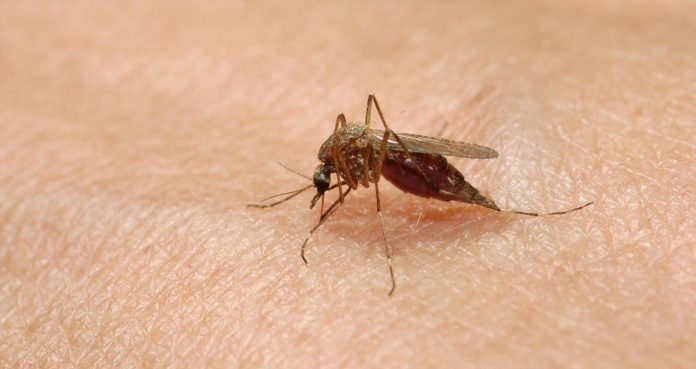According to local health officials, a sample of mosquitoes from New Jersey has been found to be infected with West Nile Virus (WNV) and Eastern Equine Encephalitis (EEE).
The officials said that the sample of mosquitoes was collected from Meadow Breeze Park on August 21. It was the first-ever mosquito sample to be tested positive for EEE.
Although rare, EEE is a viral infection that can cause inflammation of the brain, which could prove fatal. In August, one woman died in Massachusetts after contracting EEE.
West Nile Virus is also known to cause inflammation of the brain. Typically, WNV is more prevalent than EEE, but EEE has a very high mortality rate.
New Jersey Public Health Department has already warned about an increase in the number of WNV cases this year. The first case was reported on July 2. In 2018, the officials reported more than 60 cases of WNV in New Jersey.
On August 30, the Washington Township Police Department posted on Facebook, stating, “This is a very active year for EEE in NJ and in the Atlantic Coastal states. Residents should be encouraged to wear repellant. The County Mosquito Control Commission is planning to spray for adult mosquitoes in that area Friday night.”
The officials said the state has reported only one EEE case from 2009 to 2018.
According to the Centers for Disease Control and Prevention (CDC), at least one-third of people who contract EEE die and there is no specific treatment or vaccine for the disease. Also, there is no specific treatment or vaccine for WNV. The CDC has said that the best way to prevent WNV and EEE is to stay away from mosquito bites. So, you must stay indoors to prevent mosquito bites in the first place!






















